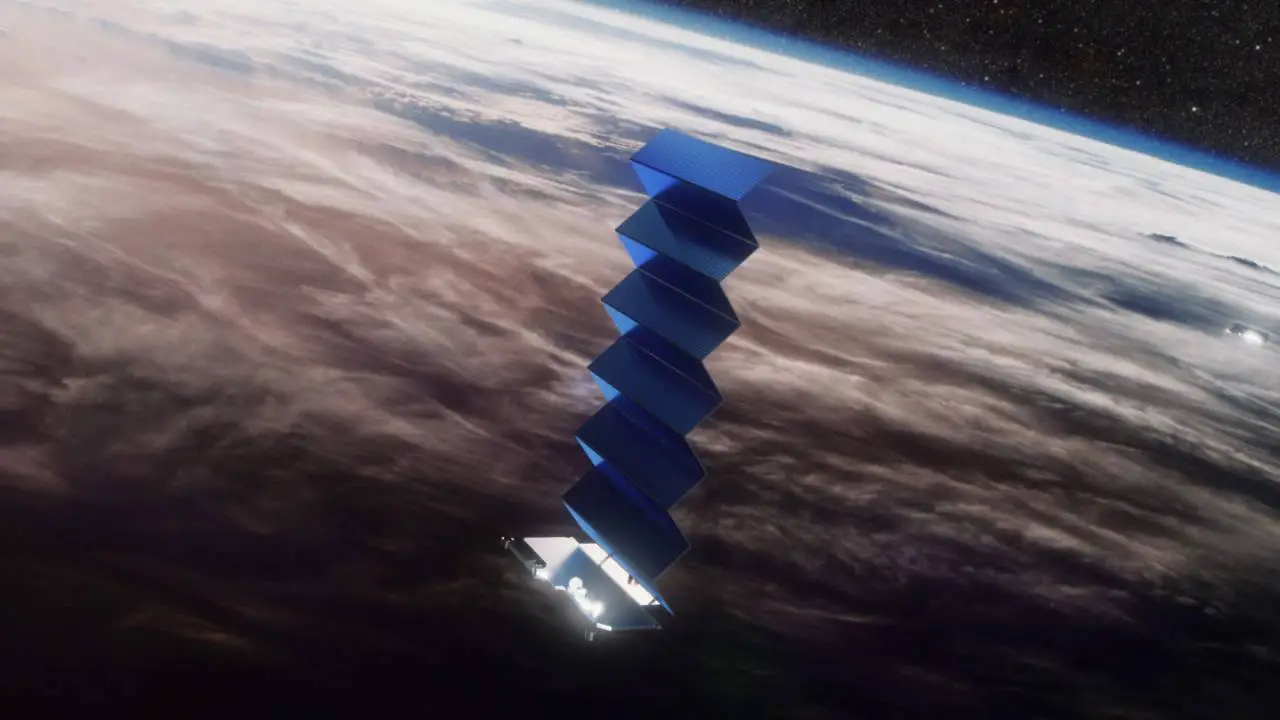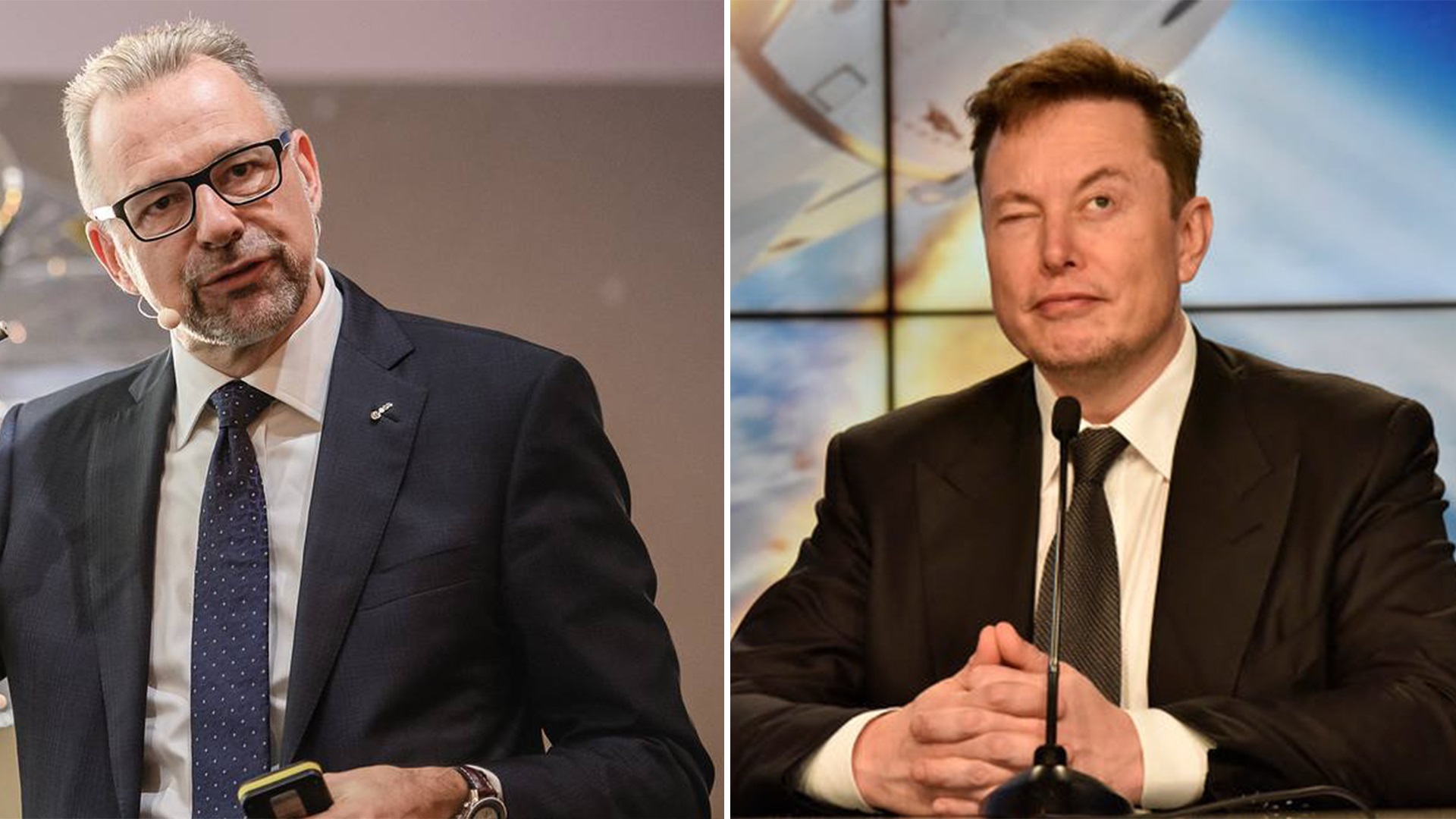The president of the European Space Agency (ESA) has asked European policymakers to cease enabling Elon Musk’s aim to dominate the new space economy, saying that the billionaire was “creating the rules” himself due to a lack of coordinated action.
According to Josef Aschbacher, the new director-general of the European Space Agency, Europe’s willingness to assist in the fast growth of Elon Musk’s Starlink satellite broadband service risks preventing the region’s own enterprises from exploiting the economic promise of space.
In an interview with the Financial Times, he said, “Space will be considerably more limited [in terms of] frequencies and orbital slots.” “It should be in the common interest of European governments to… offer European suppliers equal opportunity to compete on a level playing field.”
Germany has applied to the International Telecommunication Union (ITU), which coordinates the use of wireless frequencies for data transmission, for Starlink spectrum for around 40,000 satellites. Mr. Musk has already received authorization from US officials for over 30,000 satellites.
Mr. Musk claimed last year that his private rocket business, SpaceX, was willing to invest up to $30 billion to expand Starlink.
Mr. Aschbacher said that Mr. Musk’s Starlink was already so large that regulators and competitors would struggle to catch up.
“You have one individual owning half of the world’s active satellites.” That is incredible. He is, in effect, dictating the rules. The rest of the world, particularly Europe, is just not reacting fast enough.”
Starlink and OneWeb, which is sponsored by the UK government, are spearheading a race to launch constellations of hundreds or perhaps thousands of satellites in low earth orbit (LEO) to provide internet to areas that are difficult to access by cable.
Both the Chinese government and Amazon’s Project Kuiper aim to build their own LEO constellations in the near future.

Traffic management
A new generation of space enterprises is trying to supply commercial services from LEO, such as earth observation, thanks to dropping launch costs and cheaper satellites.
Concerns about the lack of a worldwide space traffic management system for low earth orbit, an area of up to 2,000 kilometers above the earth where most new commercial services are planned, have risen as a result of the rush to harness the promise of commercial space.
According to the Satellite Industry Association, more than 100,000 commercial spacecraft might be in orbit by 2029.
Mr. Aschbacher’s worries were echoed by Luxembourg’s economics minister, Franz Fayot, who said that new guidelines are required to guarantee the safe use of space.
“You have folks like Elon Musk who are just creating constellations of satellites and sending Teslas into space.” We need to establish some ground rules. “Colonisation, or just doing things in a wholly unregulated environment, is a problem,” he remarked on the sidelines of the Luxembourg-based New Space conference.
A request for comment from Starlink was not returned.
Traditional operators dominate Europe’s satellite industry, which depends on a limited number of pricey, high-orbit satellites to offer services like television transmission.
Although the International Telecommunications Union (ITU) coordinates radio frequencies, there is no overarching international organization or regulation in charge of satellite launches. One concern is that if orbits get more congested, there is a greater possibility of collisions, which might result in massive amounts of debris. Space debris is already posing a serious threat.
The industry is “headed towards a scenario where there will be much too many satellites deployed,” according to Steve Collar, CEO of satellite operator SES. Many of these ideas are in reaction to the reality that no one is effectively regulating.” Luxembourg controls one-third of the voting rights in the SES.
Astronomers and competitors have chastised Mr. Musk for the speed with which he is expanding. His SpaceX rocket business launched more than 100 satellites every month this year, with over 2,000 in low earth orbit.
According to a study by the American Astronomical Society, astronomers are concerned that a large number of satellites could interfere with ground-based telescopes, potentially affecting “the look of the night sky for stargazers worldwide.”
Mr. Musk’s ability to produce his own satellites and launch them with SpaceX, according to Ralph Dinsley, founder of Norss, a company that watches things in space, allowed him to move quicker than competitors to occupy the most desired orbital planes.
“At the rate, he is sending things into orbit, he is essentially claiming ownership of those orbital planes, since no one can get in.” He is establishing a Musk space sovereignty.”
Mr. Aschbacher said that it was evident that US regulators were “interested in growing not just the economy, but also specific supremacy of certain economic sectors” as part of a national government. This is exactly what is going on… very, very, very obviously. And with a lot of force.”

